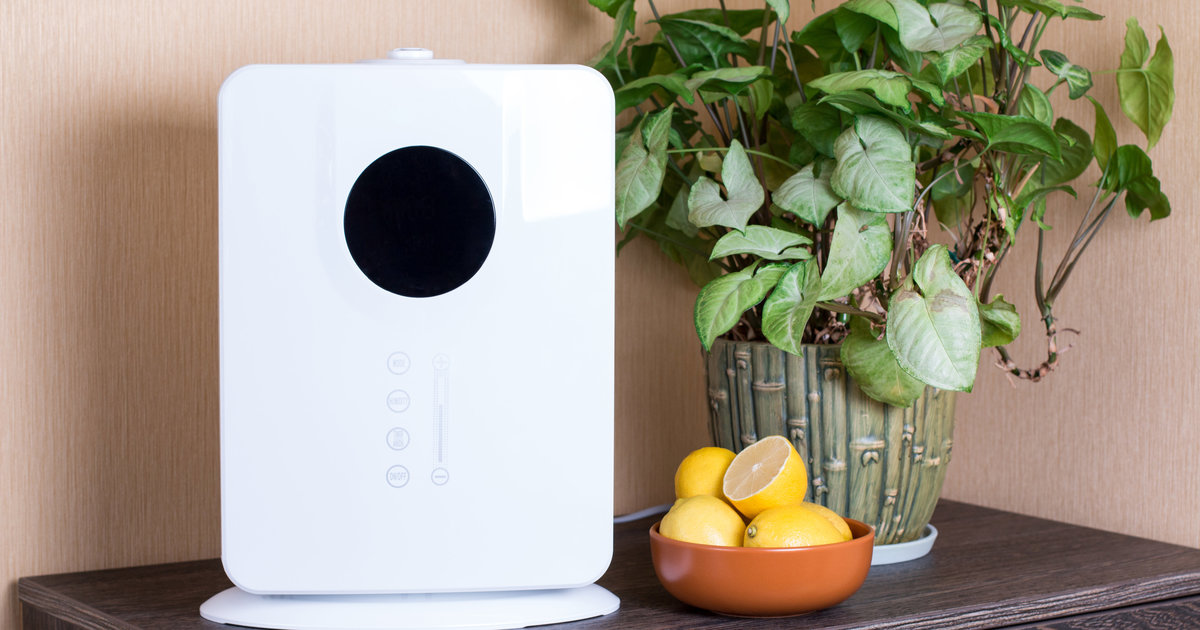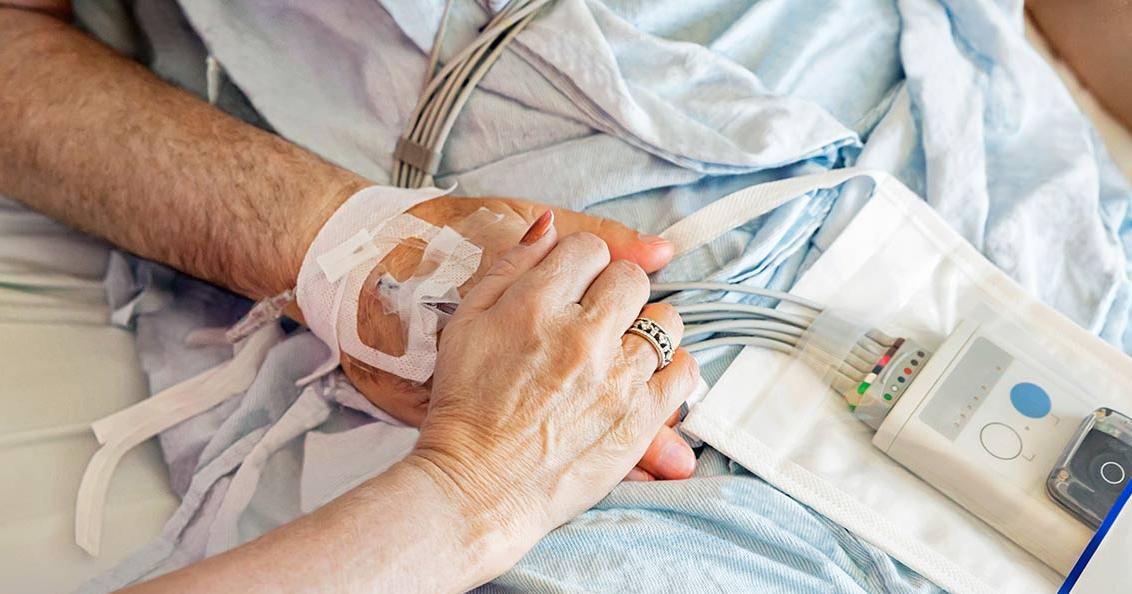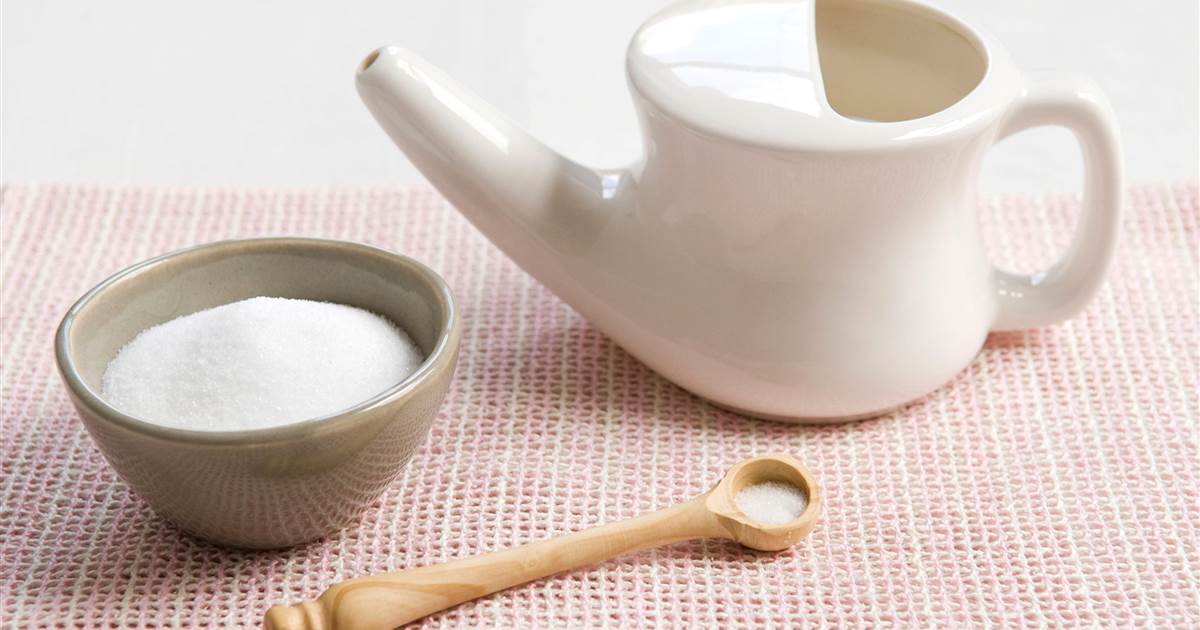How To Quickly Treat Chronic Rhinitis
Chronic rhinitis is a condition, characterized by the swelling of membranes in the nose, that causes many unpleasant symptoms in the nose, ears, and throat. A case of rhinitis is considered chronic if it persists for at least a few weeks or months. Nasal symptoms include sneezing, runny nose, and congestion. Other common symptoms include postnasal drip (mucus collecting in the back of the throat), a sore throat, and a cough.
There are two main types of chronic rhinitis: allergic and nonallergic. An allergic reaction to identifiable triggers causes allergic rhinitis, and nonallergic rhinitis carries the same symptoms but is caused by localized irritants. Some actions can help alleviate the irritating symptoms of chronic rhinitis.
Avoiding Allergens

Allergic rhinitis occurs when the nasal passages become irritated due to the body's production of histamine after an encounter with certain particles. Mucous thickens to keep potentially harmful substances from entering the body. The most common allergic triggers are pollens, molds, insects, and animals. Avoiding allergens usually requires making changes around the home. Dust mites, cockroaches, and ladybugs are the most common insect culprits.
Reducing indoor humidity (between thirty and fifty percent), clutter removal, and laundering bedding weekly in hot water can help eliminate insects. Humidity reduction is also crucial in the prevention of mold formation. Removing a pet from the home is the most effective way to avoid pet allergies. Outdoor triggers like pollen are difficult to avoid altogether, though keeping windows closed in the home and car provide some relief.
Using A Mask

The use of a mask can be helpful in avoiding allergens and irritants for both types of rhinitis. Many individuals who suffer from allergic rhinitis are affected by tree pollen in the spring and grass pollen in the summer. It is impossible to avoid these triggers completely, largely because individuals rarely want to stay cooped up inside during these seasons. Thankfully, however, using a mask while participating in gardening, yard work, and mowing can greatly reduce nasal exposure to pollen.
Similarly, a nonallergic rhinitis patient may not always be able to avoid irritants that trigger indoor symptoms. Wearing a mask in the presence of dust, smoke, or strong chemicals can help prevent flare-ups of nasal symptoms. Some masks are made with filters, and others are made with tightly woven cloth. Choosing the right mask may depend on the severity of symptoms and chosen activities.
Install An Air Purifier

When choosing to install an air purifier, it is important to remember the device is not considered a complete solution. An air purifier may help reduce chronic symptoms of rhinitis that have not improved with other environmental methods. Air purifiers can be purchased as a single unit or a filtration system added to a home's heating and cooling system. There are many factors to be considered when determining the type of device needed.
Air purifiers may vary in price, ability to reduce certain allergens, and filter type. It is vital to learn the cost and labor needed to maintain an air purifier. Units that are not properly kept clean and maintained can cause additional rhinitis symptoms. A schedule must be kept for changing filters for all air purifier systems.
Use Nasal Sprays

The use of nasal sprays is a common way to help relieve the symptoms of both types of all rhinitis. Nasal sprays often work faster and have fewer side effects than traditional medications and can be purchased over-the-counter or with a prescription. There are several different types of nasal sprays to relieve symptoms in different ways. The most common types include a decongestant, antihistamine, and steroid nasal sprays.
Decongestant nasal sprays can be purchased over-the-counter and are often used for flare-ups or symptoms related to colds or other illness. However, it should be noted when decongestant sprays are used for more than a few days at a time, rebound congestion can occur. Antihistamine sprays may be recommended to patients who suffer drowsiness from oral antihistamine medication. Steroid nasal sprays are usually one of the first suggestions for allergies.
Antihistamines

Antihistamines may be recommended for both types of rhinitis but are particularly effective on patients with allergies. The body creates histamines when reacting to allergens, and the medication interrupts this reaction, relieving itching, sneezing, and runny nose. These medicines work best when taken regularly for as long as symptoms persist. Doctors may suggest beginning an oral medication a few weeks before allergy season begins.
Antihistamine pills are commonly used, but nasal sprays and eye drops are also available. Nasal sprays may be more effective at targeting postnasal drip. Modern oral antihistamines are less likely to cause drowsiness than those in the past. They are available both over-the-counter and with a prescription.
Try Immunotherapy

Patients with chronic rhinitis caused by perennial allergies may wish to try immunotherapy treatments. These are available as prescription tablets or liquids, and as subcutaneous injections. Both options contain allergen extracts that help the patient build their immunity to the particular substance causing their allergies. Injections are normally given at least once a week or more frequently to start, and patients need to have maintenance injections at least once a month. In the United States, prescription tablets can provide patients with an alternative to injections. As with the injections, the tablets contain specific quantities of allergens, and patients need to take them once per day.
Currently, these medicines are available for the treatment of allergies to dust mites, short ragweed, and several different types of grass pollen. Patients who choose to take the prescription tablets will need to take their first dose at the doctor's office, where they can be monitored in case of an allergic reaction. While the tablets are generally well tolerated, some patients may experience gastrointestinal issues and itching or burning sensations on the mouth and lips. These side effects are normally mild, and they often subside after the first week of use.
Mucus Thinning Agents

Mucus thinning agents can help reduce the thickness and stickiness of mucus, and they also prevent pooling of the mucus at the back of the patient's nose and throat that may cause choking. Thinner mucus is easier to release from the body. One of the most commonly used mucus-thinning medications is guaifenesin, and it is available in several different formulations as an over-the-counter medication.
Patients taking this medicine should always take the recommended dose, and a doctor should be consulted if symptoms last more than seven days or get worse. If the patient develops a rash or swollen salivary glands while using guaifenesin, they should stop using the drug immediately. To thin mucus as much as possible, doctors recommend patients using mucus-thinning agents to also eliminate caffeine from their diets and drink plenty of water, as inadequate hydration makes mucus thicker.
Nasal Irrigation

Nasal irrigation is a home remedy that reduces swelling and congestion in the nasal passages and sinuses, and it washes away mucus, irritants, and bacteria from these areas. Most patients prefer to use non-prescription nasal sprays for nasal irrigation. These can be used several times per day. Some patients prefer to irrigate the nose with a homemade solution administered into the nasal passages with a syringe or neti-pot. To make the solution, the patient should mix two or three teaspoons of non-iodized salt and one teaspoon of baking soda into a pint of room-temperature, distilled water.
It is important to use non-iodized salt, as other kinds of salt may sting. The solution should be stored at room temperature, and it needs to be stirred prior to each use. Patients may experience a mild burning sensation in the nose for the first few uses. While this is considered normal, cutting back on the amount of salt in the mixture can reduce stinging. Each side of the nose should be irrigated separately. To prevent the growth of bacteria, patients should properly empty and clean neti-pots after each use.
Surgical Intervention

Surgical intervention may be appropriate for patients whose chronic rhinitis is related to structural issues with the nose or sinuses. Surgery is normally only considered as a last resort if conservative treatment methods have proved ineffective. Patients with septal deviations, spurs, or perforations are often suitable candidates for surgery, and individuals with nasal or sinus polyps or an enlargement of the turbinates typically benefit from surgery, too. These types of structural differences often cause substantial pooling of mucus secretions; surgery reduces this pooling and makes it easier for nasal sprays and other medicines to reach the nasal cavities.
Patients who believe they may have a structural anomaly contributing to their chronic rhinitis should see an ear, nose, and throat specialist for an evaluation. The specialist can determine if surgery would be beneficial for the patient, and they will explain the most effective surgical approaches for the patient's needs. Most operations for nasal and sinus issues will require general anesthesia, and they are typically performed as outpatient procedures.
Reflux Medication

Doctors often recommend the use of reflux medication for patients with chronic rhinitis caused by acid reflux disease. Patients may need to use over-the-counter antacids to treat mild symptoms, and proton pump inhibitors can help reduce the amount of stomach acid the body manufactures. Foaming agents coat the stomach lining to reduce reflux symptoms, and H2 blockers reduce stomach acid. In addition, some patients may need to use prokinetics.
These medicines mitigate reflux by enabling the stomach to empty faster than it normally would and by strengthening the lower esophageal sphincter. Patients who continue to experience bothersome symptoms while taking these medications should consult their physician about switching to different medicines or trying a new combination of drugs. Some patients with reflux disease find their chronic rhinitis symptoms improve when they avoid eating during the late evening.
